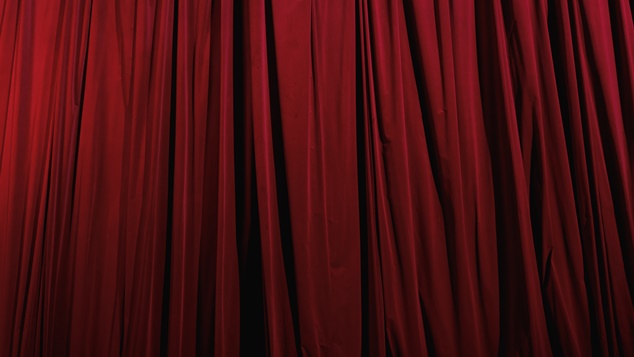
The Priestess of Morphine | The Blue Room | Season concluded | ★ ★ ★ ★ ★
Opera is a language all its own. It’s not just that opera is often presented in languages other than English, after all even English language operas can be difficult to understand. It’s the way opera singers are trained to articulate vowels in particular ways that can make even simple words indecipherable to an untrained ear. You have to pay attention, listen closely, read the surtitles in order to have the faintest idea what is happening on stage. It is, frankly, a little exhausting.
Opera also exists in the cultural imagination as fine art. There’s something elitist about the world of the opera, an elitism that signifies social class, intelligence, taste and wealth. All this cultural baggage doesn’t necessarily make going to the opera an enjoyable or moving experience.
All of these barriers to Opera can be insurmountable to us plebs, especially when faced with the festival season here in Perth. This is a shame, because opera is so much more than the costumes, the production values, the orchestras and – of course – those divas and divos.
The team at Tenth Muse Initiative have read the memo on opera. They are classically trained musicians who, tired of the endless cycle of Carmen and La Traviata trotted out by major companies for the dazzle factor, are invested in staging performances of contemporary classical music for the rest of us.
They are particularly interested in lifting up the works of queer, non-binary people and women. Written by non-binary librettist Aiden K. Feltkamp and composed by Rosśa Crean, The Priestess of Morphine is one of these works.
Set in the Weimar Republic in the lead up to the Second World War, the Priestess is Baroness Gertrude Günter von Puttkamer. Or maybe it’s her nom-de-plume Marie Madeleine. They are the same woman performed by sopranos Ava Charleson (who is brimming with striking stage presence) and Jessica Taylo respectively.
This opera is the conversation between both facets of this woman as she struggles to resist her addiction to morphine – a struggle the Nazis will eventually use to destroy her. Percussionist Thea Rossen, cellist Miranda Murray-Yong and violinist Julia Watson provide atmospheric accompaniment as deeply felt as the soaring vocals of the sopranos.
The Priestess of Morphine distills Opera into its true essence — pure emotion. The truth is opera is K-Drama for the stage – you don’t need to understand every word to experience the emotion of the characters. This is a truth Tenth Muse Initiative delivers to their audience in this superb production.
Bec Bowman
You can support our work by subscribing to our Patreon
or contributing to our GoFundMe campaign.






